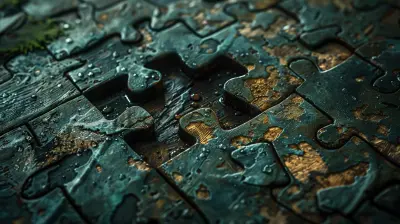The Role of Mental Health Support in E-Sports Careers
25 August 2025
E-sports is booming, and it's not slowing down anytime soon. From packed arenas to millions of people tuning in online, competitive gaming has officially gone mainstream. But while the spotlight on professional gamers has never been brighter, there's a side of this world that doesn't get enough attention—mental health.
Sure, these players are raking in sponsorships, prize money, and fame, but fame can be a double-edged sword. The pressure to perform, the long hours of practice, and the intense grind? It can take a toll on anyone’s mental well-being. That's why we need to have a real conversation about mental health support in e-sports. Let’s dive in and uncover why this is so important.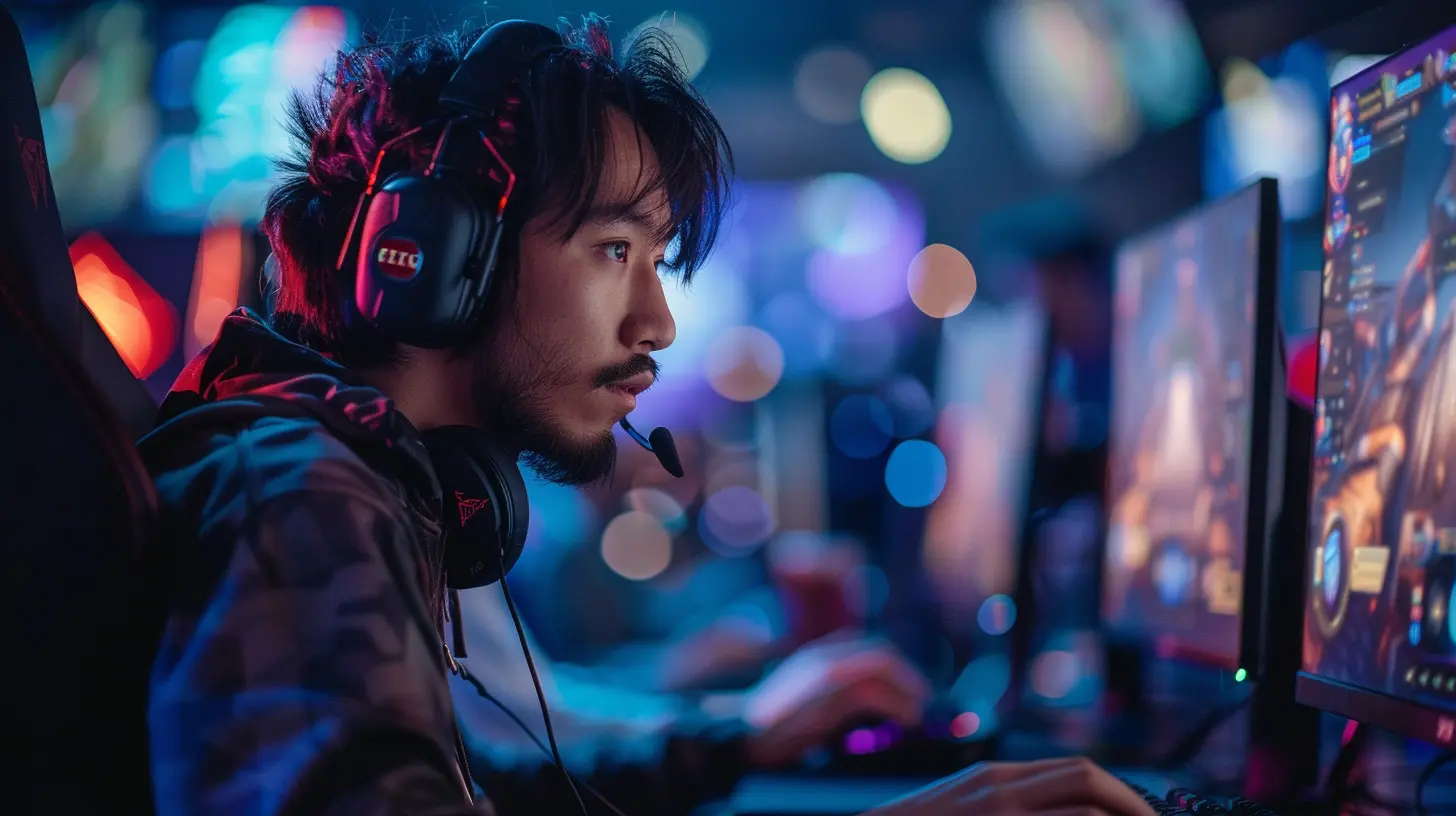
The High-Stakes World of E-Sports
Let’s face it—e-sports is no walk in the park. Professional gamers are often competing at the top level before they even hit their 20s. Think about it: while most kids are worrying about homework, these young players are managing insane schedules, public scrutiny, and the relentless demand to keep winning.Unlike traditional sports, there’s no offseason in e-sports. Big tournaments, live streams, training sessions, and sponsorship obligations keep the calendar jam-packed. And let’s not forget the ever-watchful eye of the internet. People in chat aren’t shy about calling out every mistake, are they?
For some, this lifestyle is a dream come true. For others, it’s a pressure cooker. One bad performance, and you're not just dealing with internal disappointment—you’ve got fans, teams, and sponsors breathing down your neck. Imagine the mental strain of constantly being in the hot seat! That’s why mental health isn’t just an afterthought; it’s a necessity.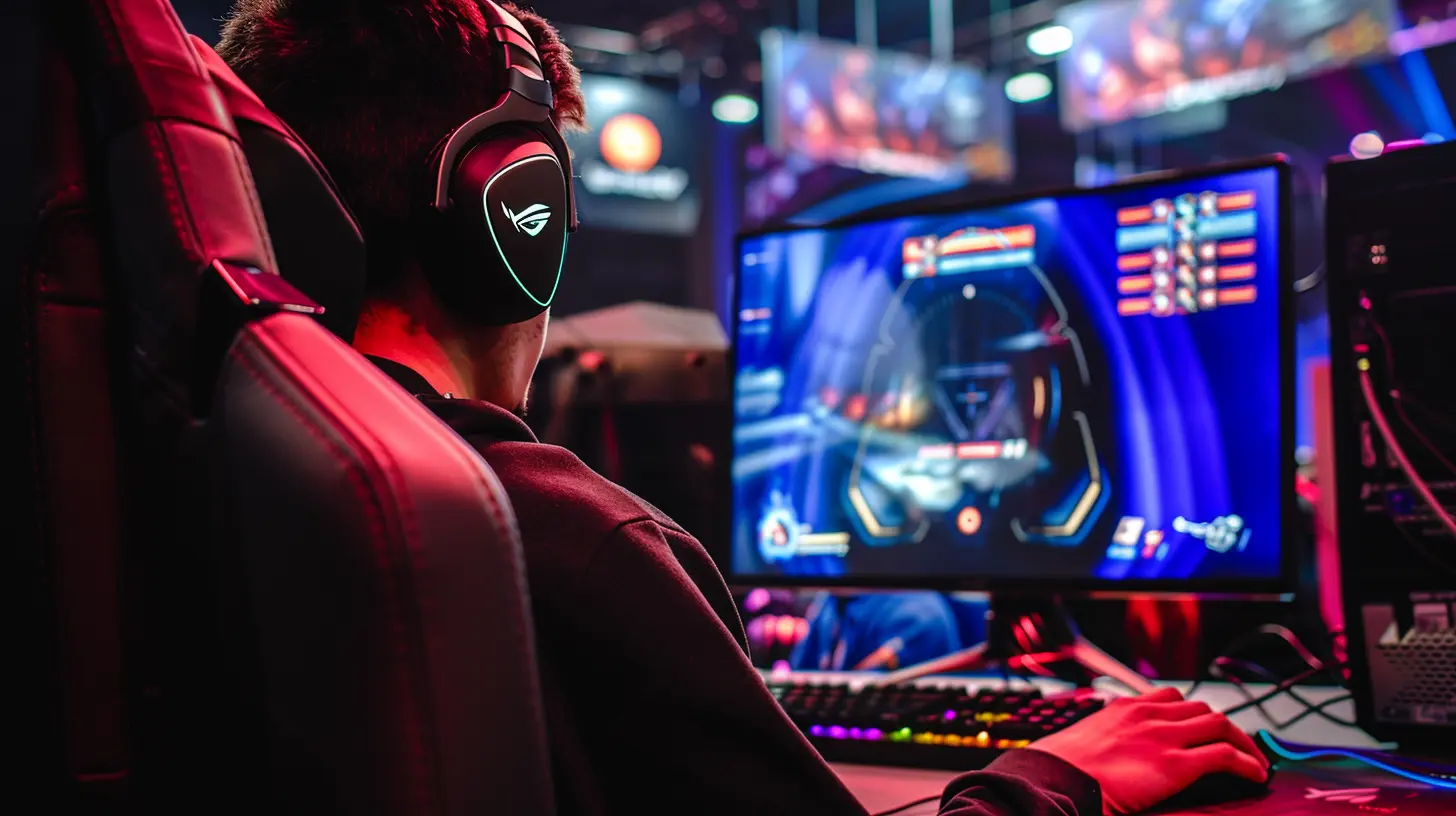
Why E-Sports Needs Mental Health Support
1. The Pressure to Always Win
Let’s keep it real: losing sucks. But when you’re a pro gamer, losing isn’t just a bad day—it might mean losing your livelihood. The competition in e-sports is so cutthroat that a single underwhelming season could lead to being dropped by your team. That’s a lot of weight to carry, isn’t it?This win-or-go-home mentality fosters a culture that makes it tough to admit struggles or ask for help. After all, who wants to seem "weak" in an industry built on performance? But suppressing those feelings doesn’t help—it just bottles them up until they explode.
2. Burnout: The Silent Enemy
E-sports players put in absurd hours. We’re talking 10 to 14 hours daily doing the same thing—practicing, scrimming, and grinding. Gaming might sound like a dream job, but even too much of a good thing can be exhausting. And unlike casual gaming, pros don’t get to rage-quit and take a break. They’re clocked in all the time.Burnout sneaks in when players push themselves beyond their mental and emotional limits. It’s that creeping feeling of exhaustion, frustration, and even apathy toward the very thing you used to love. Without proper mental health care, burnout can force players into early retirement.
3. The Social Media Minefield
Social media can be brutal, can’t it? While it’s great for connecting with fans, it’s also a magnet for trolls. Gamers are constantly under public scrutiny, and criticism can sting—especially when it’s personal. Some players have thousands of people picking apart their every move, both in and out of the game.It’s hard enough to deal with self-doubt. Now imagine strangers sliding into your DMs just to tell you how much you suck. No wonder anxiety and depression are so common in this space.
4. The Loneliness of the Grind
E-sports can be isolating. Many gamers leave their families and move to team houses or boot camps, living far from the people who support them. While that setup might foster team cohesion, it can also feel lonely.Hours spent grinding and traveling can lead to a lack of balance. When your entire life revolves around gaming, where’s the time for friendships, hobbies, or even just unwinding? Loneliness can often spiral into depression without players even realizing it.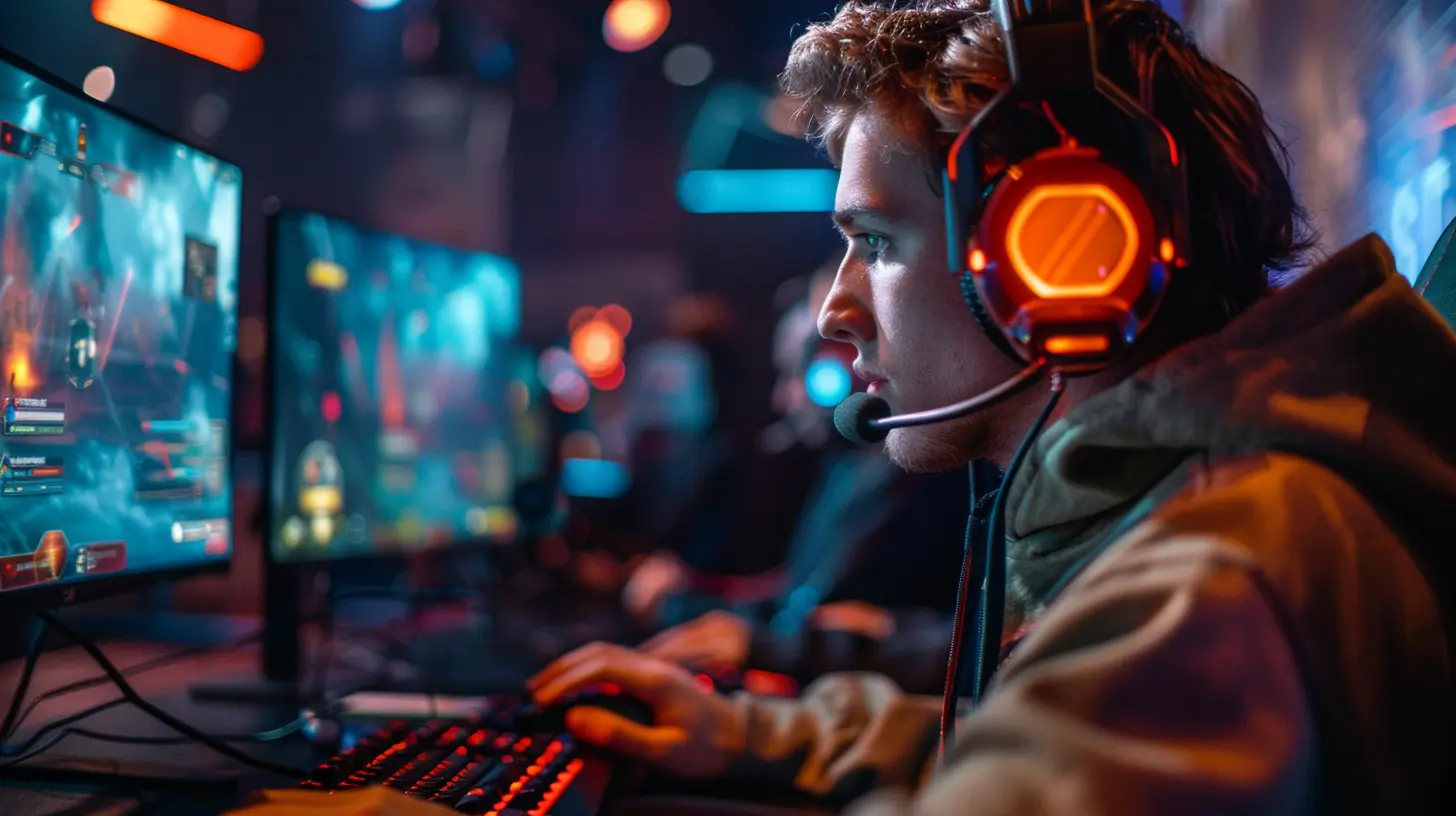
The Role of Mental Health Professionals
Now here's where things get interesting. Some forward-thinking e-sports organizations are starting to prioritize mental health. And honestly, it’s about time.Having psychologists or mental health coaches on staff is becoming more common. These professionals provide players with tools to manage stress, deal with pressure, and even improve their performance. After all, a clear mind leads to sharper decisions and faster reaction times—a win-win.
They’re also there to help players build resilience. Techniques like mindfulness, cognitive-behavioral strategies, and meditation are becoming as essential as in-game mechanics. Mental health experts serve as a safety net, ensuring players don’t fall through the cracks.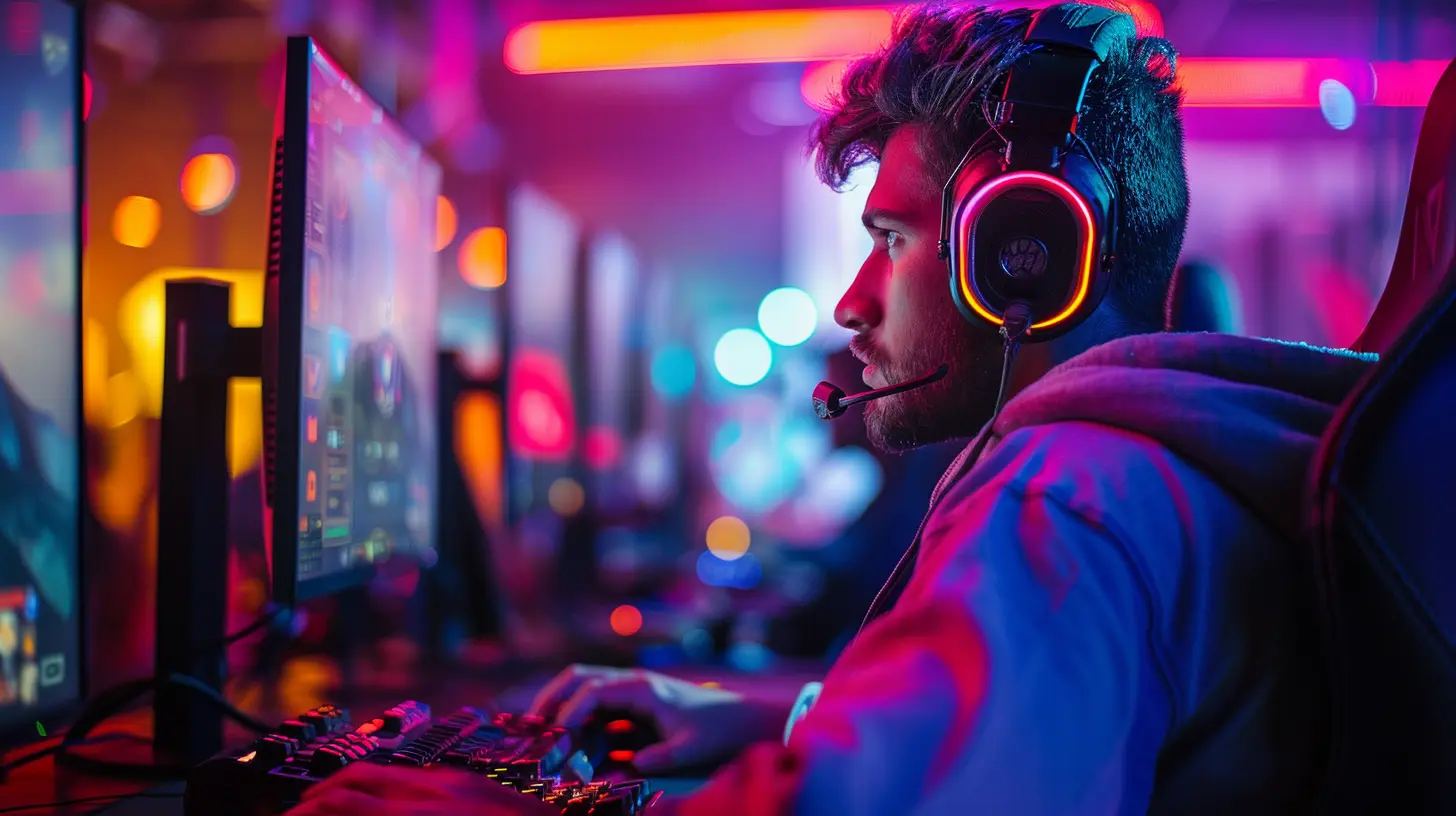
Building a Supportive Culture in E-Sports
1. Breaking the Stigma
Mental health still carries a lot of stigma, especially in industries built on competition. But organizations need to foster environments where players feel safe to speak up. Talking about struggles shouldn’t be seen as a weakness—it’s a sign of strength.2. Encouraging Balance
It’s high time e-sports embraced balance. Players need to unplug sometimes, don’t they? Encouraging hobbies outside of gaming, setting reasonable practice schedules, and even mandating rest days could go a long way in boosting mental health.3. Peer Support Systems
Sometimes, all it takes is knowing someone’s got your back. Teams should foster a culture where players support each other—not just in-game, but emotionally too. Peer support is invaluable, especially in high-stress environments.Taking Care of Mental Health as a Player
If you’re an aspiring e-sports pro, don’t wait for your team to set up support systems. Start taking care of your mental health now. Small steps like taking breaks, getting enough sleep, and talking to someone when you’re feeling down can make a massive difference.And don’t forget: mental health isn’t something to fix after it’s broken. Think of it like preventive maintenance for your car. You wouldn’t wait for the engine to blow up before getting an oil change, would you?
Wrapping It Up
E-sports is an exciting, fast-paced industry with endless opportunities, but it’s not without its challenges. The pressure to perform, long hours, and intense scrutiny make mental health support a necessity, not just an option. As the industry continues to grow, so should its commitment to player well-being.Whether you’re a player, coach, or fan, remember that mental health matters as much as any championship trophy. Because at the end of the day, what’s the point of reaching the top if you’re too burnt out to enjoy it?
all images in this post were generated using AI tools
Category:
E SportsAuthor:

Luke Baker
Discussion
rate this article
2 comments
Carson McIlroy
This article highlights a crucial aspect of the gaming industry that often goes overlooked. Mental health support is essential for e-sports athletes to thrive, as the pressures of competition can be overwhelming. Recognizing and addressing these challenges is vital for sustainability and success in their careers. Thank you for shedding light on this topic!
January 22, 2026 at 5:51 AM

Luke Baker
Thank you for your insightful comment! I'm glad you found the article highlights important aspects of mental health in e-sports. It's a crucial topic that deserves more attention.
Vaughn Wilkins
Mental health is a crucial foundation for success in e-sports! Embracing support not only enhances performance but also fosters resilience and well-being. Let’s champion self-care, build supportive networks, and create a thriving community where players can excel both in gaming and life. Together, we can change the game!
August 28, 2025 at 4:06 PM

Luke Baker
Absolutely! Prioritizing mental health is essential for both player performance and overall well-being in e-sports. Your call for self-care and community support is vital for fostering a positive gaming environment. Together, we can make a significant impact!


